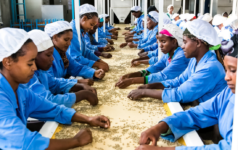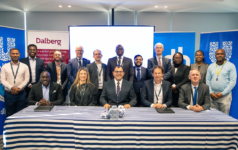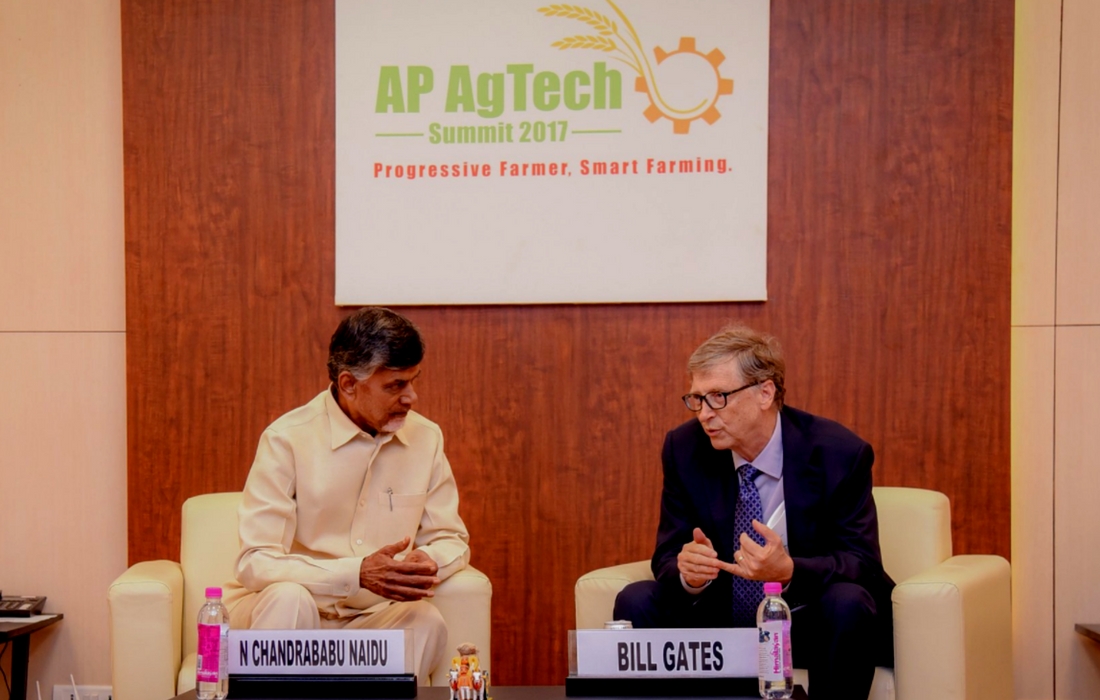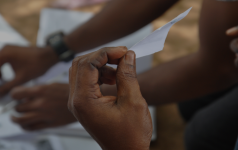Dalberg uses cookies and related technologies to improve the way the site functions. A cookie is a text file that is stored on your device. We use these text files for functionality such as to analyze our traffic or to personalize content. You can easily control how we use cookies on your device by adjusting the settings below, and you may also change those settings at any time by visiting our privacy policy page.
PREFACE
There is now broad consensus that it will be impossible to achieve more inclusive and sustainable growth without scaling the practice and effectiveness of multi-stakeholder initiatives among companies, governments and civil society organizations. The United Nations 2030 Agenda for Sustainable Development, for example, is one of several recent global agreements that emphasize the need for: “multistakeholder partnerships that mobilize and share knowledge, expertise, technology and financial resources”.
Such partnerships will be particularly important in tackling global challenges like climate change, food security and job creation. As we have noted in previous research, these challenges are complex and systemic. They have arisen over periods of years from the actions and interactions of diverse yet interconnected and interdependent stakeholders. There is increasing recognition that they cannot be addressed in a top-down, controlled and linear fashion. New models of behaviour and cooperation are needed that enable solutions to emerge as many different individuals and organizations interact with each other—both formally through established structures and informally through networks—to experiment, learn, adapt and then scale or replicate what works.
Multi-stakeholder initiatives (MSIs) offer one of the most promising mechanisms to achieve this type of dynamic yet systematic interaction. Not surprisingly, they are quickly becoming a popular form of collective action. Yet, they are by no means a panacea. MSIs are often difficult to set up and maintain, with high transactions costs and a variety of operational, governance and accountability challenges. In addition, they are not always the right solution for the problem.
Whilst the existing literature is trying to tackle this highly relevant but complex issue, we find that there is still a limited understanding of exactly how MSIs emerge and what functional forms they should take. In order to make them more effective and to determine whether an MSI is appropriate in the first place, we need clearer guidance on when to launch one and what it will do.
This paper advances our understanding of these questions by drawing on an in-depth analysis of twelve MSIs across the agriculture, financial inclusion and youth employment space. These MSIs offer a valuable range of experiences and models. Some of them have evolved over several decades and others are less than a year old. Several have been incubated or hosted by public sector entities, others by private foundations and companies. Yet, analysis offers some common lessons and insights. Based on these, the paper provides a structured framework to better understand the key characteristics of the context that gives rise to MSIs, as well as the types of core functions they serve as a tool for social change. The authors suggest a new language for framing these two critical stages in the evolution of MSIs, with the aim of helping to guide individuals or organizations that are looking to launch or shape such initiatives.
Applying this framework in a structured way to an issue like the climate impact on smallholder farmers in Africa, as the authors have done in a related paper, leads to the conclusion that there are already a number of forms of collective action, including existing MSIs, whose focus and mandate could be expanded to address ongoing climate risk gaps. They offer high potential in areas such as agricultural planning, crop management and soil health, and financial and market chain resilience. In the sister paper, the authors call for a new MSI to improve the way that young farmers and agribusinesses can contribute to more resilient futures for themselves, their families and their countries. This paper suggests how to take such action.
More broadly, the paper provides people who are interested in MSIs as tools for social change with frameworks and questions that can help them decide whether an MSI is an appropriate tool for addressing a particular issue, and if so, how to position its launch and select its functional form.
It has been a pleasure to work with the authors and their colleagues from Dalberg Intelligence and TechnoServe, who have provided a valuable combination of analytical rigor grounded in solid practitioner experience. Our thanks also to the Mastercard Foundation for its commitment to support research and dialogue on new models of partnership, and to the MSIs and other colleagues who have provided us with useful feedback and insights. We hope this paper and its sister paper will make a useful contribution to the on-going debate and experimentation on how to make MSIs an effective tool for driving more inclusive and sustainable growth.
Jane Nelson
Director Corporate Responsibility
Initiative Harvard Kennedy School

















